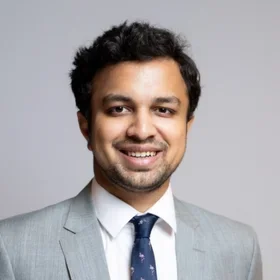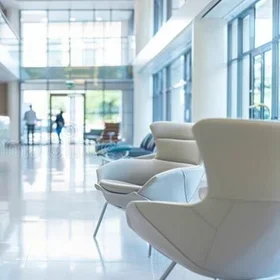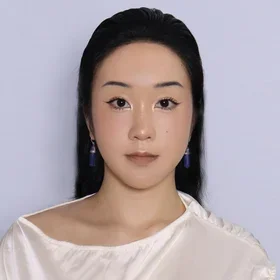Sayantanee Das always believed she wanted to study medicine right after her undergraduate studies, but after her B.S. degree in Biology and Global Health, she had more questions about where her role in medicine would be than answers. “Doing my M.S. in Bioethics at Columbia confirmed my decision to pursue an M.D., as I now can envision my role in delivering ethical care and creating important change in healthcare administration and research,” Das said.
We caught up with Das to learn more about her experience in the M.S. in Bioethics program at Columbia and how it is serving her as she finishes her first year in medical school at University of Queensland, in Brisbane, QLD, Australia.
What surprised you about the program?
I have built close personal relationships with the most amazing professors in this field. This program really reinvigorated my love for learning by creating an environment of thoughtful conversation and debate in every class. My peers were also from many different backgrounds and age groups, each with unique perspectives to the topics we discussed in class. Some were physicians, others lawyers, and many were students from all parts of the world.
What were some of your favorite courses?
We had an intensive course on pharmaceutical ethics, focusing on the legal and research problems that arise in the industry. Each day of the course had guest lecturers who were leading in the field, and our professor was able to provide first-hand insight in the industry’s key issues — for example, how Purdue Pharma is an integral player in the opioid epidemic. After the course had ended, a few students from the course were able to work with our professor and his colleagues to develop recommendations for the Security and Exchange Commission regarding regulations in pharmaceutical research.
Did you form any meaningful connections with peers or faculty?
I think the small class sizes and clear devotion from the professors fostered very meaningful connections. I am still very close to some peers from the program, celebrating academic achievements of each others’ and even attending medical school with two of them.
I think the small class sizes and clear devotion from the professors fostered very meaningful connections. The faculty here have been so personal.”
The faculty here have been so personal. I’m currently still in very close contact with Dr. Klitzman, as we are working together on publishing my thesis work in a number of bioethics journals.
You attended the World Bioethics Conference this summer. What did you present? What was the experience like?
I presented my thesis work, which focused on prison HIV care and treatment interventions. I evaluated four different programs currently implemented in U.S. prisons for both ethical considerations and social implications and finally offered a number of recommendations for what national policy changes need to be made for more ethical care of our prisoners, and by extension the greater community.
The experience was very different this year with COVID. I was initially planning to fly to Philadelphia for the conference in July, but plans changed earlier in the year. The conference was entirely virtually using a mobile app and online Q&A sessions. For my first bioethics conference, I was able to learn a lot from my colleagues and appreciated this unique experience for easy international correspondence.
Where are you going to medical school?
I’m currently finishing my first year of medical school at the University of Queensland, in Brisbane, QLD, Australia. I am part of the UQ-Ochsner M.D. program, where I spend my first two years of medical school here in Australia, and then complete my degree at Ochsner clinical school in New Orleans. I’m lucky I will have the unique opportunity to learn and practice medicine in two different healthcare systems, learning from both Australia and the U.S. and their approaches to patient care.
I’m very lucky to be in Australia during COVID, both to see the difference in response to the pandemic and to be able to continue my studies in person unlike most students in the States.
Has your Bioethics degree differentiated you among your new peers in medical school?
Ethics is a key topic in our curriculum and almost a daily conversation in our clinical cases. I’ve been able to provide a unique insight to our discussions for class and have also brought my experiences from this degree to my current clinical pediatric research project.
Learn more about the M.S. in Bioethics program at Columbia University.


